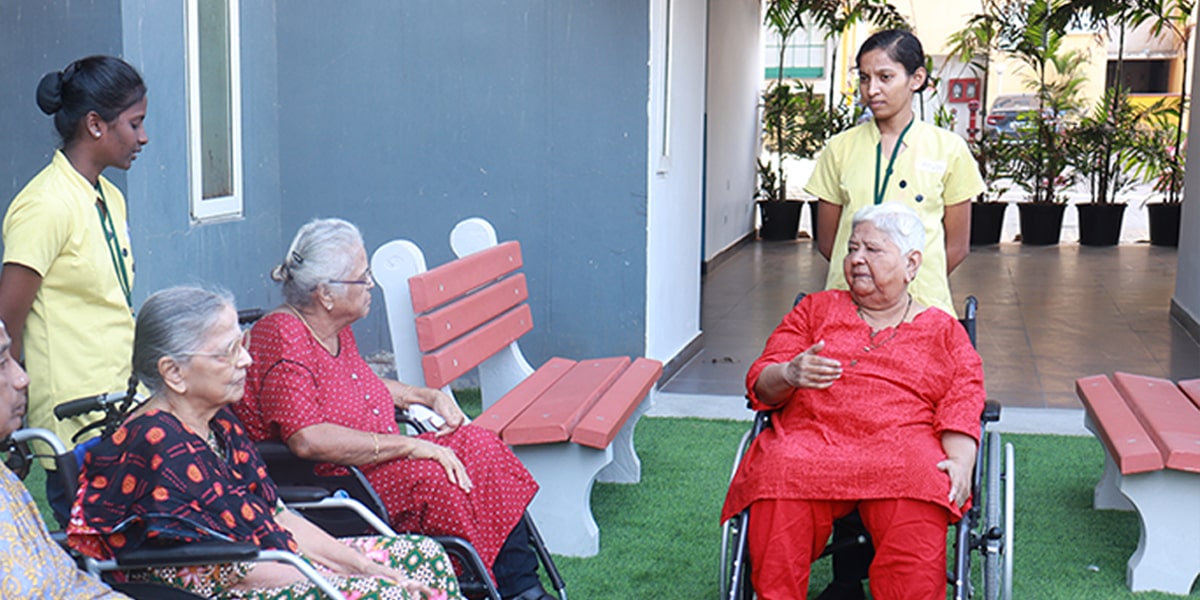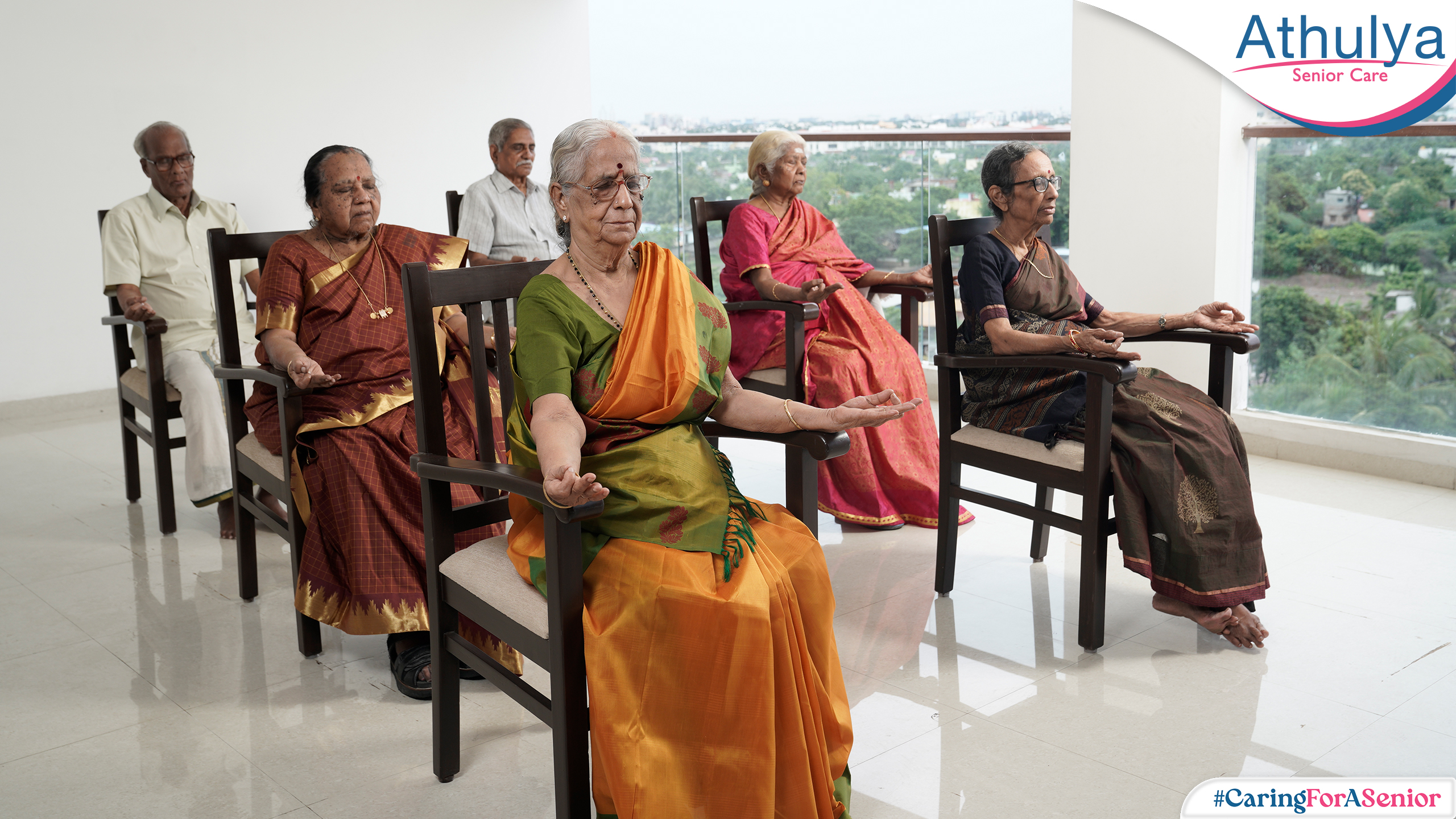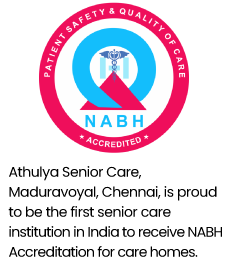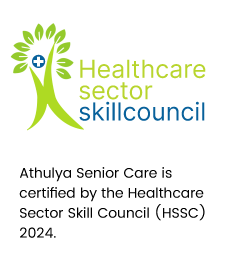Surgery can be a turning point in a senior’s life, physically and mentally. While the focus is often on physical recovery, many seniors experience cognitive changes after surgery, known as Postoperative Cognitive Dysfunction (POCD). This condition may cause confusion, memory loss, and difficulty concentrating, making recovery more challenging. Transition care services help seniors navigate this phase, offering professional support to ensure mental and physical healing.
Understanding POCD and addressing it proactively can significantly improve a senior’s quality of life post-surgery. The right post-operative care strategies—including cognitive exercises, structured routines, and emotional support—can help mitigate these effects. When recovering in a specialized care facility, one can adopt a personalized approach to ensure seniors regain their cognitive abilities and overall well-being.
What Is POCD and Why Does It Occur?
POCD is a temporary or prolonged decline in cognitive function after surgery, especially among seniors. It can manifest as forgetfulness, trouble concentrating, or increased confusion. While the exact cause remains unclear, factors like anesthesia, inflammation, and pre-existing cognitive conditions contribute to its onset. Seniors with underlying health issues such as dementia or cardiovascular diseases are at a higher risk of developing POCD.
Key Strategies for Managing POCD
- Transition Care Services – Specialized transition care bridges the gap between hospital discharge and home recovery. With skilled nursing, cognitive rehabilitation, and emotional support, seniors receive tailored care that eases their post-surgery adjustment.
- Cognitive Stimulation – Engaging seniors in memory games, reading, or light problem-solving activities can help maintain mental agility.
- Balanced Nutrition & Hydration – A well-rounded diet rich in brain-boosting nutrients such as omega-3 fatty acids and antioxidants, combined with adequate hydration, promotes cognitive recovery.
- Physical Activity – Light exercises like walking or stretching improve circulation and oxygen flow to the brain, promoting cognitive healing.
- Emotional Well-being – To combat stress and anxiety, seniors need reassurance, companionship, and emotional support from caregivers and family members.
Navigating POCD requires a comprehensive care approach that prioritizes both mental and physical recovery. At Athulya, we offer specialized transition care services tailored to meet the unique needs of seniors post-surgery. Our professional nurses and caregivers, with the help of medical healthcare professionals, structure a routine plan for seniors while engaging them in rehabilitation programs to ensure a smooth recovery journey.
If your loved one is recovering from surgery and needs professional, compassionate care, we are here to help. Call us at 98849 45900 or visit our Athulya Senior Care website today to ensure a seamless and safe transition to recovery.











